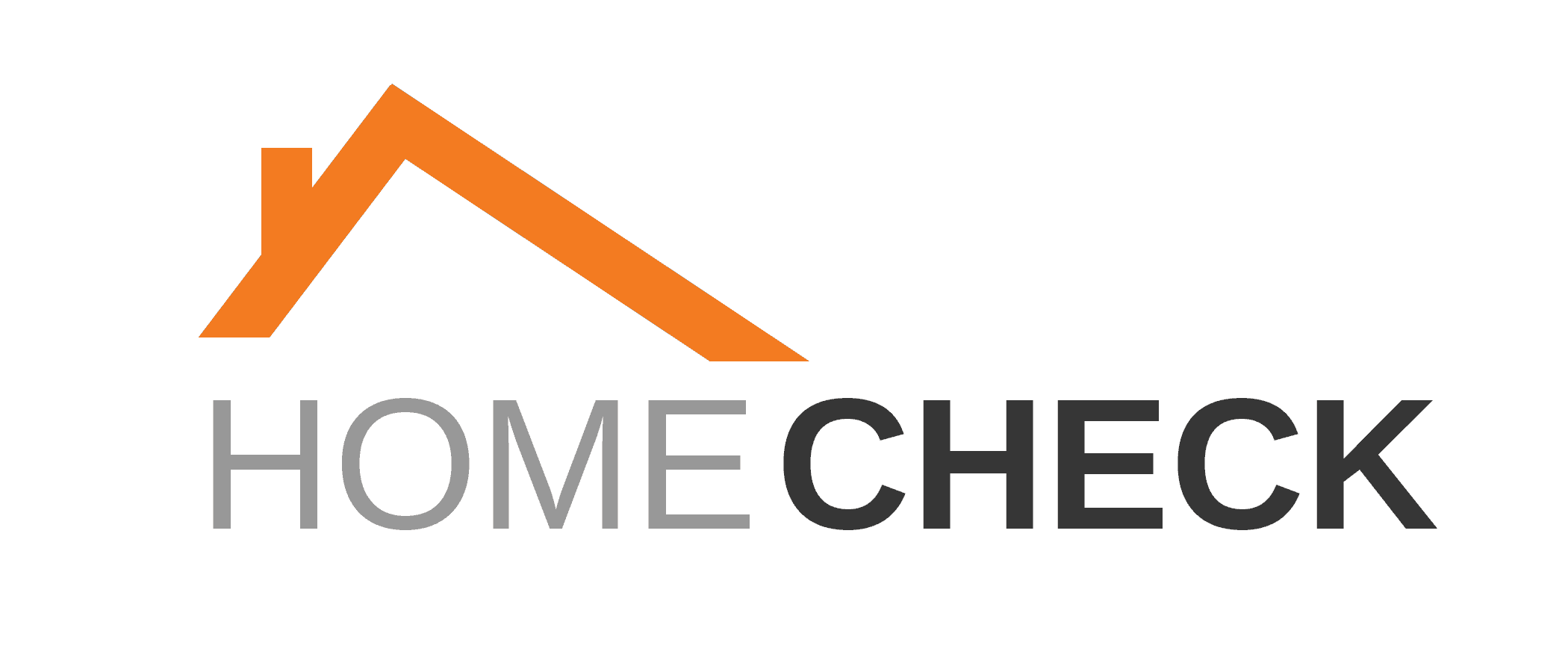In the dynamic realm of real estate, home inspections play a pivotal role in property transactions. Traditionally, inspectors meticulously assess structural integrity, safety, and maintenance issues. However, the landscape is rapidly evolving with technological innovations poised to revolutionize how inspections are conducted and perceived.
1. Artificial Intelligence and Automation
Artificial intelligence (AI) and automation are reshaping home inspections by enhancing efficiency and accuracy. AI-powered tools can analyze vast datasets swiftly, identifying potential issues with precision. Automated drones equipped with high-resolution cameras reach inaccessible areas like rooftops, providing detailed visual inspections without endangering human inspectors.
2. Internet of Things (IoT) and Smart Home Integration
The Internet of Things (IoT) enables interconnected smart devices to provide real-time data on a property’s systems such as HVAC, electrical, and plumbing. Smart sensors detect moisture levels, temperature fluctuations, and structural shifts, alerting inspectors to potential issues proactively. This integration improves assessment thoroughness and enables informed decision-making.
3. Virtual Reality (VR) and Augmented Reality (AR)
VR allows immersive virtual tours, enabling potential buyers to explore properties remotely. AR overlays during inspections highlight areas of concern in real-time, aiding inspectors and clients in visualizing potential issues. VR also enhances training through simulated inspection scenarios, ensuring consistent quality across inspections.
4. Environmental Sustainability and Green Inspections
Increasingly, home inspections incorporate assessments of energy efficiency, indoor air quality, and environmental impact. Inspectors evaluate insulation, windows, renewable energy sources, and water conservation measures to support sustainability goals. Technological tools measure carbon footprints and energy consumption, guiding eco-conscious decisions.
5. Data Security and Privacy
As technology advances, ensuring data security and privacy protection become critical. Inspectors must adhere to stringent protocols for securely storing and transmitting sensitive information. Obtaining consent from homeowners and buyers before sharing findings maintains trust and compliance with privacy regulations.
Conclusion
The future of home inspections is bright with technological innovations driving efficiency, accuracy, and sustainability. AI, automation, IoT, VR, and AR are transforming how inspections are conducted, benefiting homeowners, buyers, and inspectors alike. Embracing these advancements ensures that home inspections remain indispensable in property transactions while meeting the demands of a rapidly evolving market. By integrating these technologies responsibly, the real estate industry can navigate towards a future where inspections are not just thorough but also forward-thinking and sustainable.

